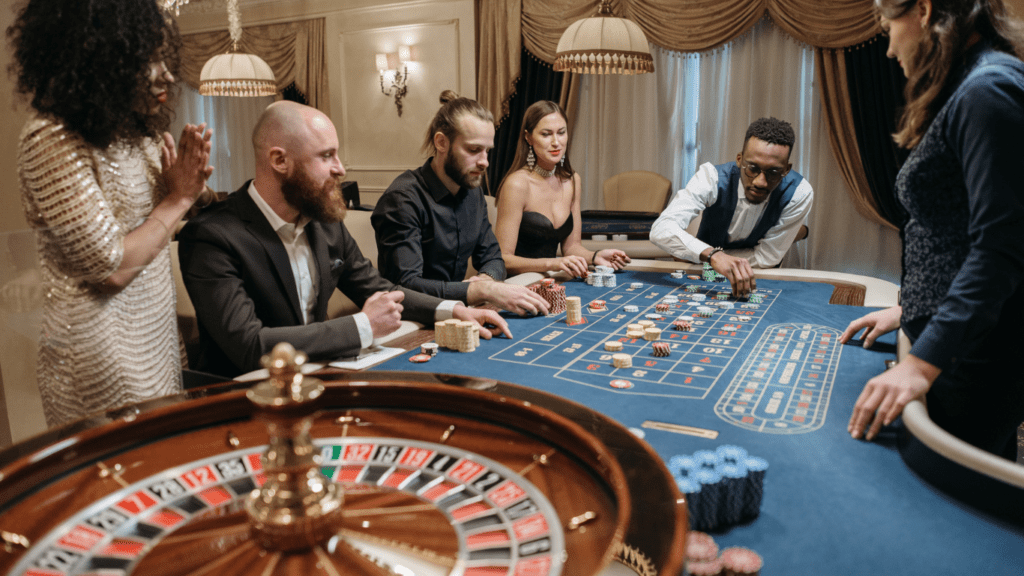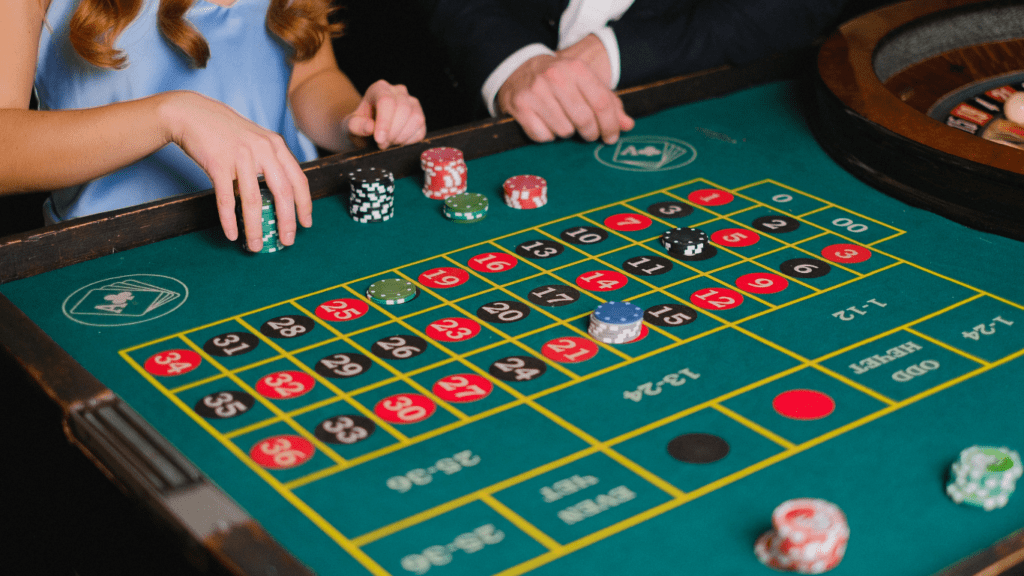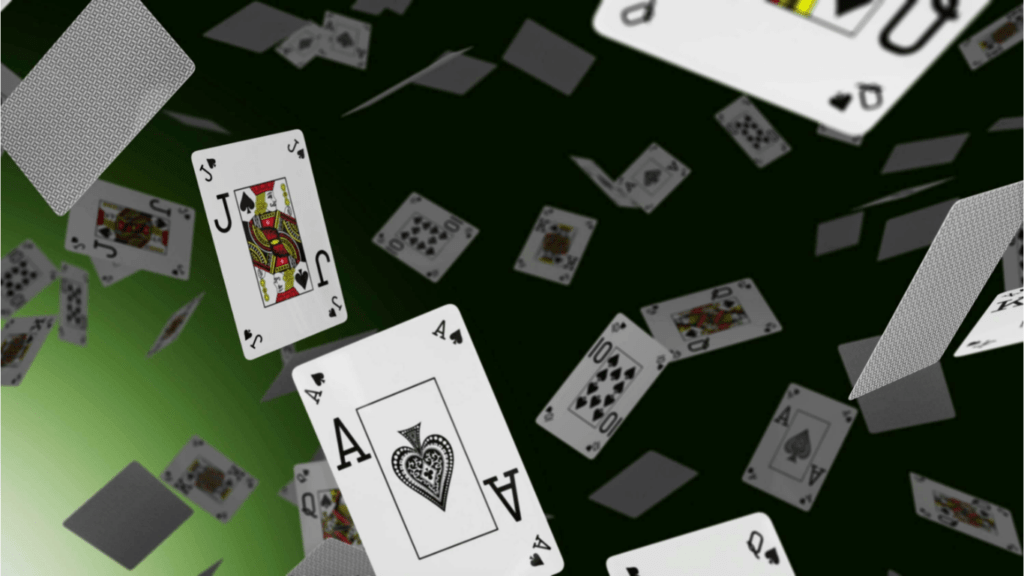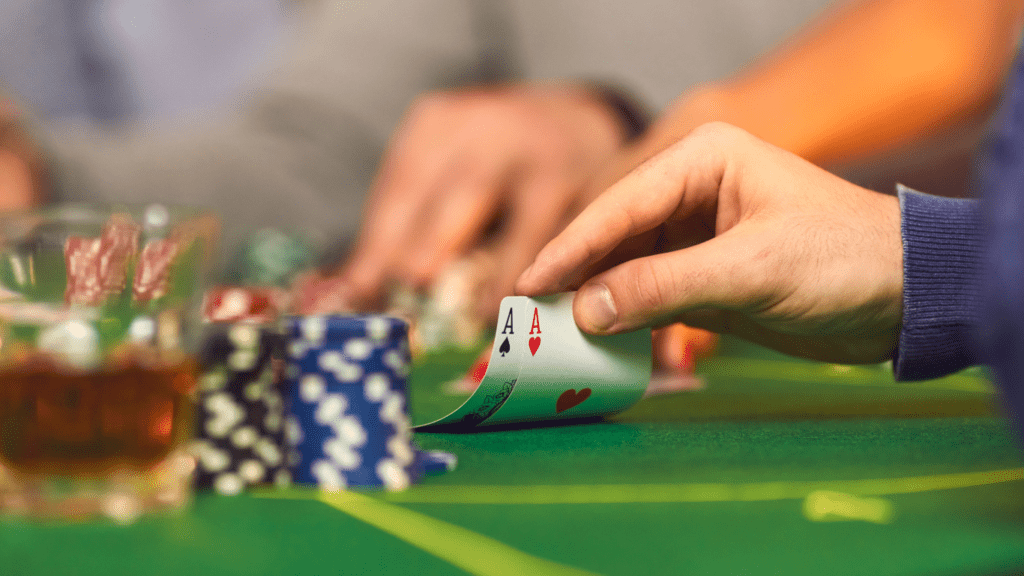Understanding Roulette Basics
Roulette is a casino game involving a spinning wheel and a small ball. The wheel contains numbered pockets, varying from 0 to 36. European roulette features a single zero, while American roulette includes an additional double zero (00), affecting the odds.
Players place bets on numbers, colors, or sections of the wheel. Each bet type has different odds and potential payouts. Inside bets focus on specific numbers or small groups, offering higher payouts but lower odds. Outside bets cover larger sections, providing better odds but smaller payouts.
The croupier spins the wheel, and the ball lands in a numbered pocket. The outcome determines winning bets, with payouts based on the bet type. Familiarity with these basics ensures a better understanding of effective strategies.
Evaluating Popular Roulette Strategies
With numerous strategies promising success at roulette, evaluating their effectiveness becomes essential. I’ll explore popular strategies like:
- Martingale
- Fibonacci
- Labouchere
to understand how they perform in practice.
Martingale Strategy
Martingale involves doubling bets after each loss to recover previous losses with a single win. This strategy relies on reaching a win before hitting the table limit or running out of funds. While Martingale seems straightforward, financial risk remains high due to potential for lengthy losing streaks.
Fibonacci Strategy
The Fibonacci sequence, where each number is the sum of the two preceding numbers, guides wager amounts in this strategy. Players increase bets following losses by moving one step forward in the sequence and decrease after wins by two steps back. This less aggressive approach than Martingale requires a steady balance to withstand losses but mitigates risk with smaller bet increments.
Labouchere Strategy
Labouchere, or cancellation, involves a self-generated sequence of numbers. Sum the first and last numbers for each bet and adjust the sequence based on wins or losses. Successful bets remove numbers, while losses add to the sequence. This flexible approach allows tailored betting patterns though, like others, it’s not immune to substantial losses if fortunes do not change.
Expert Insights on Effective Strategies

Exploring effective roulette strategies involves understanding key elements that affect gameplay. Through probability, bankroll management, and pattern recognition, players can optimize their approach at the roulette table.
Probability and Odds
Understanding probability and odds is crucial in roulette. European roulette offers a house edge of approximately 2.7% due to its single zero, while American roulette’s double zero increases the house edge to about 5.26%. Players improve their strategic approach by choosing games with better odds, like European roulette.
Managing Your Bankroll
Effective bankroll management directly influences a player’s longevity and potential success in roulette. Setting clear limits and sticking to a budget ensures responsible gambling. Calculating the amount to wager on each spin, based on total available funds, reduces financial risk and enhances overall enjoyment.
Recognizing Patterns
Some players attempt to recognize patterns to improve decision-making. Despite the game’s inherent randomness, observing recent outcomes can inform betting choices. Identifying trends, like repeated numbers or colors, may not guarantee success but adds an analytical dimension to the gameplay.
Potential Pitfalls and Risks
Understanding the potential pitfalls and risks associated with roulette strategies sharpened my approach to the game.
- One major risk involves the allure of so-called “foolproof” strategies like Martingale. Despite its appeal, Martingale carries significant financial risk; relentless losing streaks strain even robust bankrolls.
- Betting systems also exhibit inherent limitations. No strategy guarantees winnings since roulette outcomes stem from random chance. The reliance on statistical patterns can mislead, leading to misconceptions about a strategy’s effectiveness.
- Another potential pitfall is ignoring the house edge. In European roulette, the house edge sits at roughly 2.7%. In American roulette, it jumps to about 5.26%. Underestimating this edge impacts expectations and can skew perceived chances of winning.
- Lastly, emotional pitfalls present psychological risks. Chasing losses or betting beyond limits due to frustration disrupts gameplay. Emphasizing mental discipline balances risk, enabling more rational decisions at the roulette table.



